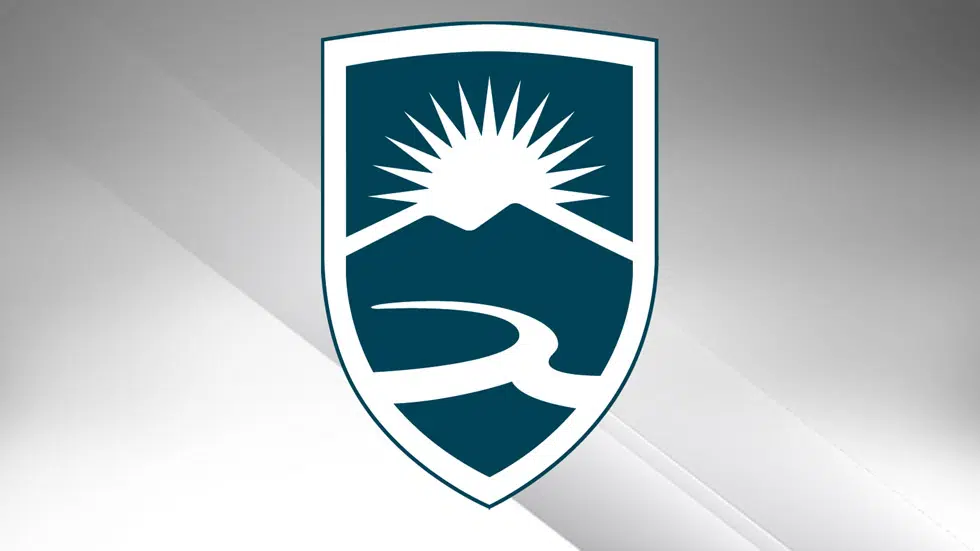
TRU on board with Faculty Association’s call for funding formula change
KAMLOOPS — Thompson Rivers University has reacted to its Faculty Association’s campaign calling for “fair funding” from the provincial government.
Last week TRUFA President Tom Friedman said they wanted the province to provide TRU with its full legislated mandate as a comprehensive research university with a regional mandate and noted the roughly $70 million the school gets annually isn’t enough.
He said the funding has fallen in the last 15 years to covering about 70 per cent of the operating costs of the institution to this current year of about 42 per cent.


